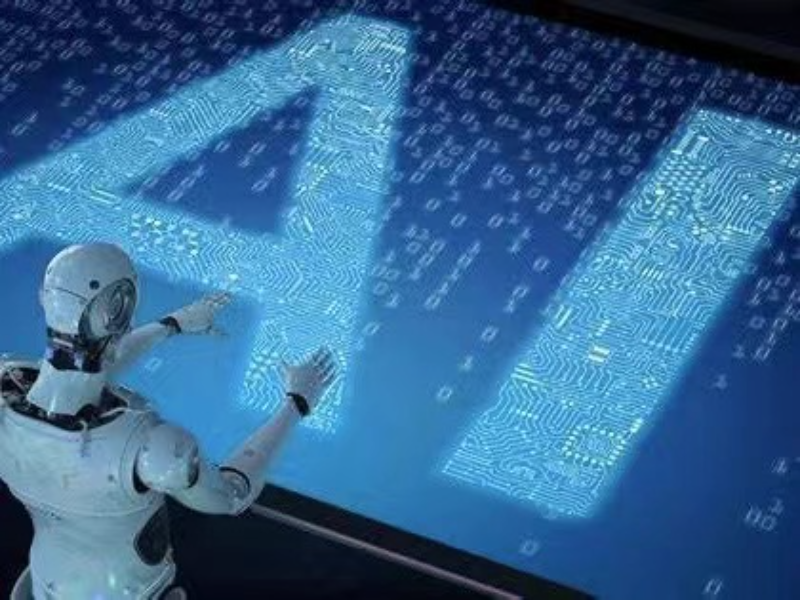- As AI continues to advance, addressing these ethical considerations is vital to ensure that technology serves humanity positively.
- Optimising AI use by recognising related issues is essential for building public trust and fostering a future where AI benefits all members of society.
As artificial intelligence (AI) continues to evolve and integrate into various aspects of society, it raises numerous ethical considerations. These concerns are crucial in ensuring that AI technologies are developed and used responsibly. This article will delve into the major ethical issues surrounding AI so that the comprehension of these issues will aid the optimisation of AI use.
What is AI?
AI is a broad field encompassing a range of technologies and methodologies aimed at creating machines capable of performing tasks that typically require human intelligence. These tasks include learning, reasoning, problem-solving, perception, and natural language understanding.
AI systems can be divided into two main categories: narrow AI and general AI. Narrow AI is designed for specific tasks, such as facial recognition or language translation, and is the most common form today. General AI, which remains largely theoretical, would possess the ability to perform any intellectual task that a human can. AI is productively used across various industries, including healthcare, finance, automotive, and customer service.
Also read: Why choose a colocation data centre? Exploring the benefits
7 key ethical considerations in AI development
1. Bias and discrimination
One of the most pressing ethical issues in AI is the potential for bias and discrimination. AI systems learn from data, which can contain inherent biases reflecting societal inequalities. These biases can result in discriminatory outcomes, particularly in sensitive areas like hiring, lending, and law enforcement. Addressing this requires diligent data collection practices, regular auditing of AI systems, and the implementation of fairness algorithms to mitigate biased outcomes.
2. Privacy and surveillance
AI technologies, particularly those involved in data analytics and facial recognition, raise significant privacy concerns. The capacity to process vast amounts of personal data poses risks to individuals’ privacy, with potential misuse leading to invasive surveillance. It is essential to establish robust data protection laws and ensure transparency in how data is collected, stored, and used to safeguard privacy rights.
3. Transparency and explainability
The decision-making processes of many AI systems are often opaque, leading to what is known as the “black box” problem. This lack of transparency makes it challenging to understand how AI systems arrive at specific decisions, raising concerns about accountability. To address this, developers should focus on creating explainable AI, where the reasoning behind decisions can be easily understood and scrutinised by users and regulators.
Also read: What is colocation trading? Speed up the financial markets
4. Accountability and responsibility
Determining accountability in AI systems is complex, especially when decisions lead to negative consequences. It is often unclear who should be held responsible—the developers, the users, or the AI system itself. Establishing clear guidelines and legal frameworks is critical to assign responsibility appropriately, ensuring that those affected by AI decisions have recourse to address grievances.
5. Misinformation and manipulation
AI can generate content, such as deepfakes or automated news articles, that may be used to misinform or manipulate public opinion. This raises ethical questions about the authenticity and reliability of information. Combatting this issue requires the development of detection tools, media literacy education, and regulations to hold creators and distributors of false information accountable.
6. Job displacement and economic impact
The automation potential of AI poses a significant threat to job security, especially in industries reliant on repetitive tasks. While AI can create new opportunities, the transition may be challenging for displaced workers. Ethical AI development should consider the socioeconomic impact of automation, including initiatives for retraining and support for those affected by job losses.
7. Autonomy and human agency
AI systems are increasingly making decisions that were traditionally made by humans, from medical diagnoses to judicial rulings. This shift raises ethical concerns about the erosion of human agency and autonomy. Ensuring that AI complements rather than replaces human decision-making is crucial, with systems designed to support and enhance human capabilities rather than override them.

